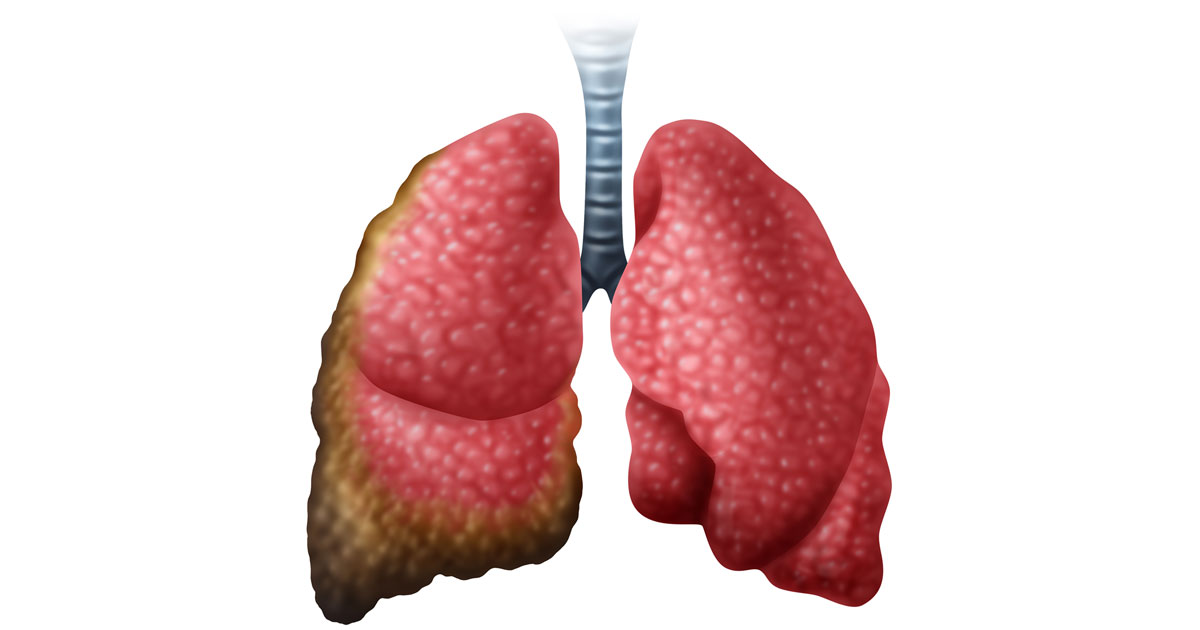
Malignant mesothelioma is a rare type of cancer that is caused by prolonged exposure to asbestos. Mesothelioma is an incurable form of cancer that involves the growth of tumors in the mesothelium, which is the tissue that covers the lungs, the heart, and reproductive organs. There are treatment options available that can prolong a person’s life and address certain symptoms, although there is currently no cure for malignant mesothelioma. If you or a loved one has been diagnosed with mesothelioma after being exposed to asbestos, it is highly recommended that you contact an experienced asbestos lawyer at your earliest convenience.
The mesothelium is a protective membrane that covers the lungs, heart, abdomen, and testes. It also helps regulate response to injury, infection, and disease and may help transport fluid and control inflammation. The mesothelium is referred to by different names based on the part of the body that it covers, including:
When a cancer tumor forms in the mesothelium, it is called a malignant mesothelioma, although this is usually simply referred to as mesothelioma. There are four types of mesothelioma, including the following:
Each form of malignant mesothelioma is categorized into three main types based on the appearance of the cancer cells. Over half of all mesotheliomas are epithelioid. This type of cell tends to have a better prognosis than others. They are also the most common cells in the body. Sarcomatoid cells account for between 10 and 20 percent of mesotheliomas. They are the least common cells in the body. Due to the shape of these cells, they are more likely to move to other parts of the body, which makes them more dangerous. Biphasic, or mixed cells, have both epithelioid and sarcomatoid types. They account for 20 to 30 percent of mesotheliomas.
While the use of asbestos is now regulated in the United States, certain industries have an increased risk of asbestos exposure. The following workers are at greater risk of exposure to asbestos fibers and dust, which can be inhaled and lead to mesothelioma and other asbestos-related diseases:
The vast majority of mesothelioma cases are caused by prolonged asbestos exposure. Up to 80 percent of all cases of mesothelioma result from exposure to airborne asbestos fibers. Secondary asbestos exposure can also cause mesothelioma if people who work with asbestos come home with asbestos fibers on their clothes or skin, exposing family members to asbestos. In very rare cases, radiation therapy may increase the risk of mesothelioma, with or without asbestos exposure.
It can take decades for pleural mesothelioma to develop after asbestos exposure. Early signs can be similar to a cold or a virus. Often, by the time people seek medical attention, the cancer has advanced and is more difficult to treat. The following are examples of common symptoms of malignant pleural mesothelioma:
To diagnose mesothelioma, a healthcare provider will take a complete medical history and perform a physical examination, including discussing the symptoms you are experiencing and listening to your chest. Based on the information obtained during the initial exam, the following tests may be ordered to help make a definitive diagnosis:
The treatment options will depend on whether the disease has progressed to Stage III or IV. While surgery is an option for some people, most mesothelioma patients undergo chemotherapy, radiation, or a combination of both. Immunotherapy is another treatment option that involves using your immune system to boost the body’s natural defenses and fight cancer. If surgery is not an option, you may have the option of trying experimental treatments like biological agents or antiangiogenic therapies. You may also consider participating in a clinical trial before, during, or after starting cancer treatment.
If you were diagnosed with malignant mesothelioma, do not hesitate to contact the Philadelphia asbestos lawyers at Brookman, Rosenberg, Brown & Sandler. We understand how devastating this diagnosis is, particularly if it could have been prevented. To schedule a free, confidential consultation, call us today at 215-569-4000 or contact us online. Our offices are located in Philadelphia, where we serve clients in Delaware County, Chester County, Philadelphia County, Pennsylvania, and New Jersey.